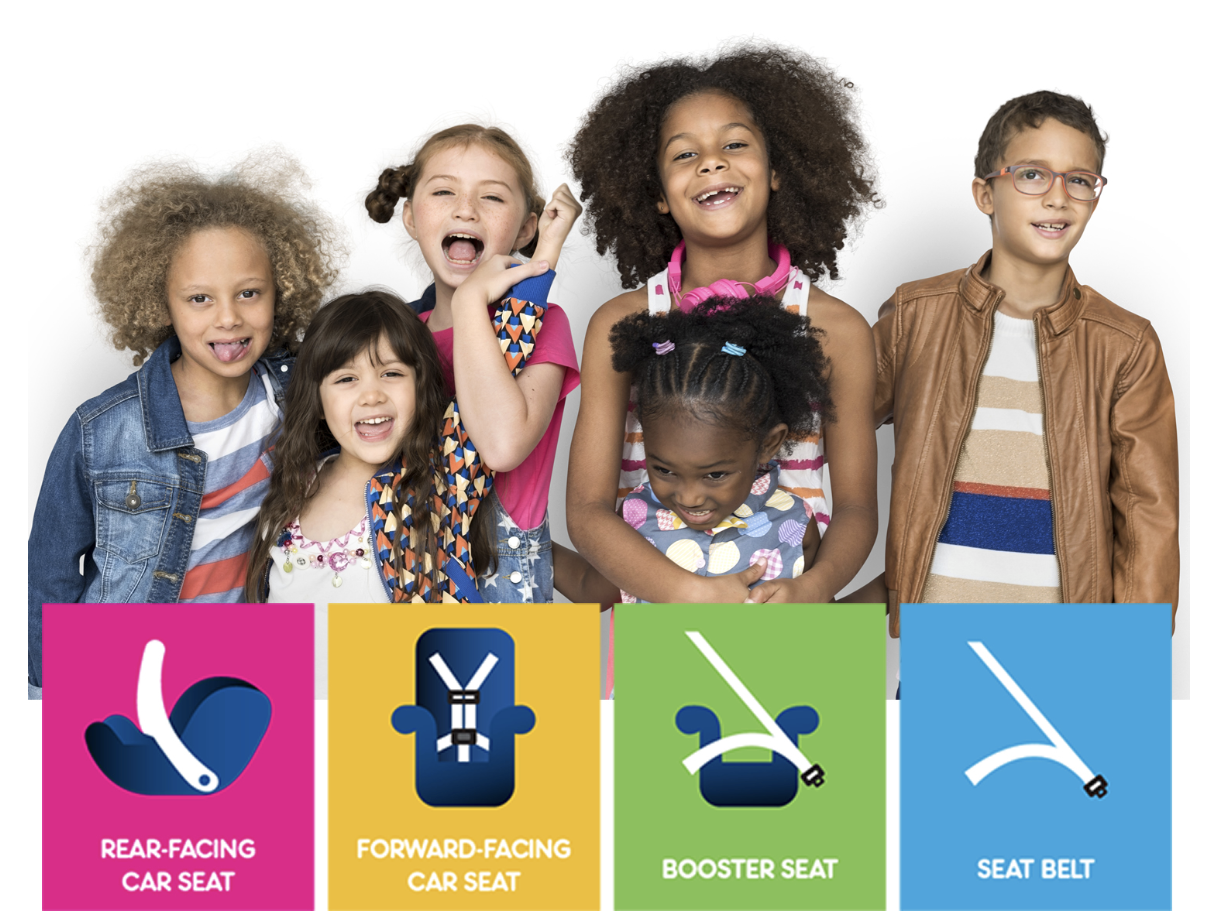
RESOURCES
OUICK LINKS to learn more about…
HOT TOPICS:
September is Fetal Alcohol Spectrum Disorder (FASD) Awareness Month - Learn more HERE
VIDEO: TALKING TO KIDS ABOUT CONSENT AND PORN WITH NC STOP HUMAN TRAFFICKING WATCH HERE
VIDEO: Tips for keeping kids safe online WATCH HERE
NEED EDUCATIONAL SUPPORT FOR FOSTER/KINSHIP/ADOPTIVE CHILDREN? CLICK HERE
How to get started FOSTERING: LEARN MORE
To view Licensed Private Child-Placing Agencies in North Carolina - CLICK HERE
Click here for Quick Tips For Teens Behavior Webinar
This free, 1-hour online course includes candid, practical suggestions from an experienced foster parent. To help resource parents support young people at time, offered by FosteringNC.
North Carolina State Adoption Assistance Program - Read more HERE
A BILL OF RIGHTS RECOGNIZING THE RIGHTS OF FOSTER PARENTS IN THE STATE OF NORTH CAROLINA
HERE WE GO! Goals for the Foster Parents' Bill of Rights include unifying foster parents' rights across the state in all 100 Counties; having our voices heard as advocates for foster children; recognition for the work that we do on behalf of children and families in North Carolina. We are thrilled that Representative Willis has Sponsored this Bill. More than 800 foster parents had input into this Bill and it has the support of DHHS. Thank you to everyone reading this who has played a part in getting us this far!
Kinship care resources from fosteringnc.org - READ MORE HERE
CREATE A LIFEBOOK-
Kinship Resource- Child Trends Executive summary Kinship Study - 8/7/24 - FULL REPORT
FOSTERCARE
There are thousands of children in NC in need of a safe and loving family. Click here to learn more about becoming a foster parent in North Carolina.
Foster care is a temporary living arrangement for children who have experienced abuse or neglect, or whose biological families are no longer able to care for them. There are many reasons why families may no longer be able to care for their children, including loss of a job, mental illness, poverty, homelessness, and substance abuse.
Foster families provide these children with a safe and loving home for a temporary period of time.
Eligibility:
To become a foster parent in North Carolina, you must:
Be at least 21 years old
Have a stable home and income
Maintain a drug free environment
Be willing to be finger printed and have a criminal records check
Complete all required training and be licensed by the state of North Carolina
If you or anyone you know is currently facing decisions in regard to guardianship vs. adoption and need support please contact us.
DSS CONCERN?
To find out best practices to handle concerns you may have with DSS, click HERE.
KNOW YOUR REGION
NC Regional Support Map
Child Passenger Safety Learning Portal
Evidence-based Education
Evidence-based, interactive trainings boost your child passenger safety knowledge and skills. Trainings are available for all levels of learners.
Free introductory training provides basic child passenger safety information to help keep children safe in and around vehicles.
Enrichment trainings for nationally certified Child Passenger Safety Technicians provide an in-depth review of a specific child passenger safety topic.
KEY TERMS
ADOPTION
Permanently relinquishes the rights and responsibilities of biological parents including financial or any say in the care of the child/ren.
Foster or kinship parent assumes all rights and responsibilities of caring for the child/ren.
Birth parents are not given visitation rights, legally. This is now the decision of the adoptive parent/s.
Adoption is permanent and cannot be overturned by the birth parents.
KINSHIP FOSTER CARE
WHAT IS KINSHIP FOSTER CARE? When a child/youth in North Carolina comes into foster care, whenever possible, they will be temporarily placed with a relative or kin. We refer to this type of placement as kinship foster care. In North Carolina, kin can be related to the child/youth by birth or can have demonstrated a “family-like” relationship with the child/youth, such as a close friend of the family or the child/youth’s foster parent. Kinship caregivers are the preferred resource for a child/youth who must be removed from their home because this placement maintains the child/youth’s connections with their families.
WHAT IS KINGAP?
The Kinship Foster Care and Guardianship Assistance Program (KinGAP) offers financial assistance and Medicaid for youth who are determined to be in a permanent family setting and unlikely to obtain permanency through reunification or adoption. Licensed kinship caregivers and licensed foster families willing to provide a permanent home for the youth in their care may be eligible for KinGAP. See basic eligibility requirements for more information.
WHAT IS A GUARDIAN AD LITEM (GAL)?
A guardian ad litem (GAL) is a court-appointed volunteer who is responsible for protecting and promoting the best interests of the child. Guardians ad litem meet with the children and parents outside of court to learn more about the children’s needs and living situation. Guardians ad litem appear in court on the court dates to share information about the children and make recommendations about the children’s needs and best interests with the judge. A GAL will be appointed for all petitions claiming abuse or neglect, and the judge may also choose to appoint a GAL for petitions claiming only dependency. When the GAL is not an attorney, and most guardian ad litem volunteers are not, a guardian ad litem attorney advocate will be appointed with the guardian ad litem to protect the child’s legal rights. You can read more about the GAL program here.
EDUCATION RESOURCES
Non-Regulatory Guidance: Ensuring Educational Stability for Children in Foster Care
FOSTER CARE 101: Understanding ESSA
Every Child Succeeds Act (ESSA): Ensuring Educational Stability for Children in Foster Care
Dispute Resolution Quick Reference
RESOURCES
For A LIST OF Licensed Private Child-Placing Agencies in North Carolina NC Department of Health and Human Services - Division of Social Services.
Pediatrician Guidance in Supporting Families of Children Who Are Adopted, Fostered, or in Kinship Care
Supporting LGBTQ+ Youth: A Guide for Foster Parents






